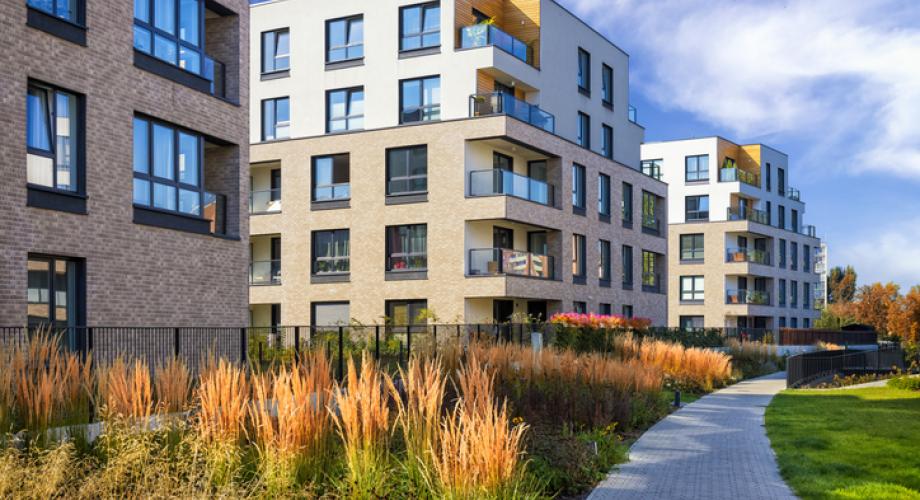While state legislatures around the country have largely adjourned for the year, cities and counties have continued to consider rent control. At the local level, the National Apartment Association (NAA) is currently tracking nine ordinances and 26 other policymaking efforts, such as resolutions and ballot measures. Despite decades of research outlining the harmful effects of rent control, and in lieu of considering measures to increase the supply of housing, the policy remains a hot topic.
Prince George’s County, Maryland
On August 1, 2024, Prince George’s County, Maryland signed into law a cap on rent increases of the lesser of six percent or three percent plus the CPI. This law comes on the heels of other temporary rent increase caps passed in Prince George’s County, but with a notable difference; this one is permanent.
The legislation is set to go into effect on September 1, 2024, and provides exemptions for affordable housing units that receive government funding, a unit owned by a housing provider who owns five or fewer rental units in the county or any residence constructed after January 1, 2000.
St. Paul, Minnesota
St. Paul Mayor Melvin Carter is proposing a change to the city’s rent stabilization law passed in 2021 to permanently exempt all units built after December 31, 2004. Since the enactment of the draconian ordinance which left few exemptions to the three percent cap, the ordinance was updated the following year to provide a 20-year exemption for new construction and was retroactively applied to the existing housing stock.
Citing a noticeable slow to housing production in the city, with only 150 new units permitted for the first half of 2024, compared to 1,133 permits issued in 2023, the Mayor is hoping to encourage development of new housing stock in the city. While the revision to this harmful policy is a step in the right direction, estimates reveal that the cutoff date still leaves over 90% of St. Paul’s rental housing stock covered by the policy.
Salinas, California
In California, Prop 33 is back on the ballot this November to remove the State’s limits on local powers to enact rent regulations, opening the floodgates for local rent control. Meanwhile, Salinas, Calif. is currently considering several ordinances targeting rent stabilization, just cause eviction and bolstering existing anti-harassment law. The specifics of the rent stabilization ordinance, including the increase cap have yet to be officially included in the ordinance. However, the council is considering a cap of between 2.5-2.75 percent or between 65 to 75 percent of the Consumer Price Index. This ordinance would go beyond the existing rent cap set forth at the state level by the Tenant Protection Act of 2019, a state law that codified a cap of 5 percent plus the local Consumer Price Index not to exceed 10 percent in a twelve-month period.
Amongst the considered ordinances is the Tenant Protection and Just Cause Eviction Ordinance which, if enacted, would strengthen the just cause provisions included in the Tenant Protection Act, further limiting California housing providers’ contractual right to nonrenewal. The Tenant Anti-Harassment Ordinance would add further legislative and regulatory guidance to the city, including broadening the state law to include other prohibited provisions like avoidance of property maintenance. It is not uncommon for a just cause eviction and anti-harassment law to be proposed in tandem with a rent stabilization law, and if enacted, these ordinances will take effect 31 days after. These three ordinances are still in the drafting stages and will be brought forward on September 10, 2024.
As policymakers evaluate ways to alleviate housing instability, the data remains clear that the best path forward is expanding the supply of housing, not market interference. This policy has proven time and time again to exacerbate the housing shortage and make it harder for renters and their families to find affordable homes. The National Apartment Association (NAA) will continue to support our affiliate network with the resources and be their partner in their fight against rent control, including NAA’s housing affordability program.
For more information on rent control policy, contact Emma Craig, NAA’s Manager of Public Policy.
